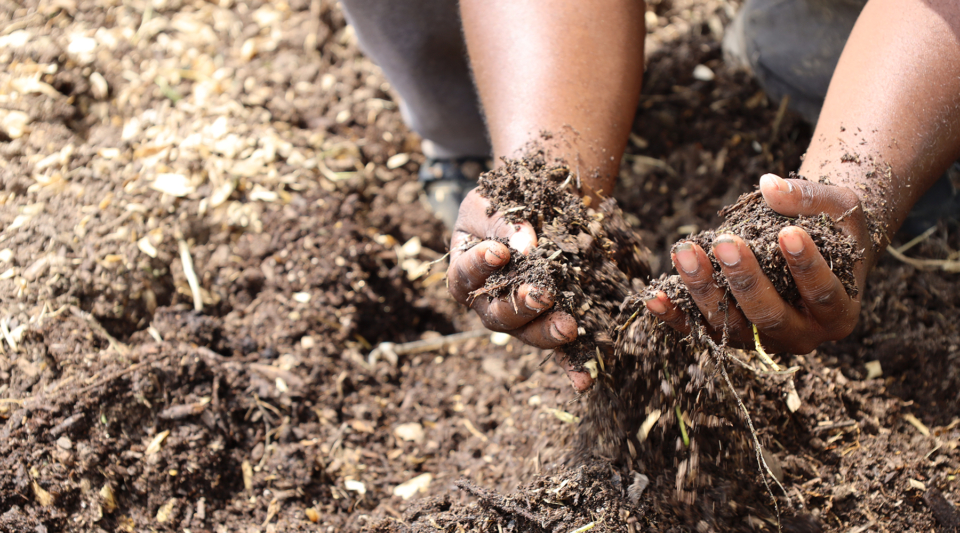
Unearthed
Unearthed is a multiyear thematic initiative from Indiana Humanities that encourages Hoosiers to discover and discuss their relationships with the natural world. Through engaging speakers, a statewide read, a tour of the Smithsonian’s Water/Ways exhibit, Campfires treks, multiple film series, a podcast and more, Hoosiers has explored how we shape the environment and how the environment shapes us.
Together, we’ll use the humanities to better understand our actions and interactions. We’ll consider what our state’s environmental history might reveal about its landscape and its people today. We’ll get comfortable with the idea of living in the Anthropocene. And we’ll ask questions like, “Are we being good ancestors?”
We think there will be something for everyone along the way—whether your idea of a good time is going for a long walk in the woods or sitting down with a book.
Program Highlights
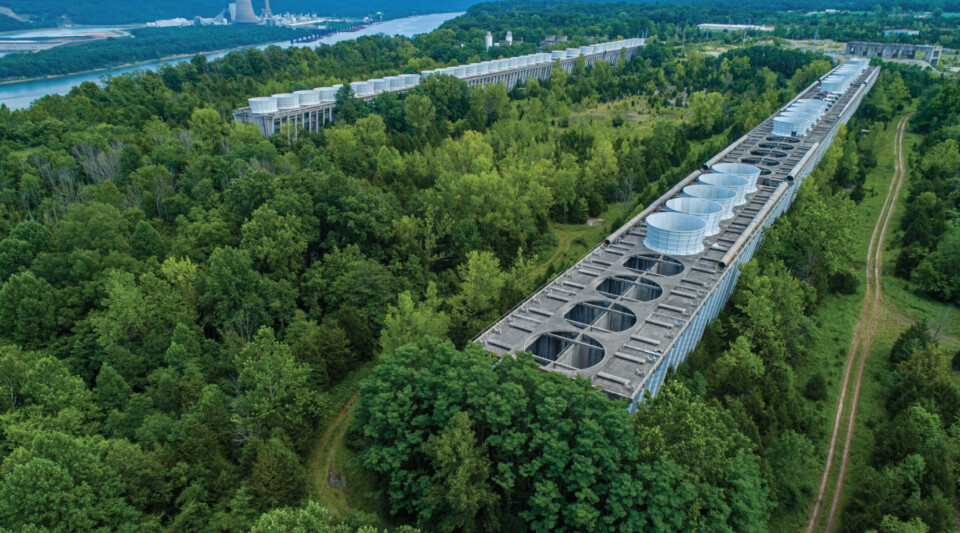
Liminal: Indiana at the Anthropocene
Liminal is a meditative aerial film that illustrates our state as a microcosm of this new planetary epoch. It captures features of this global phenomenon within the boundaries of our state, collapsing the global into the local.
Learn more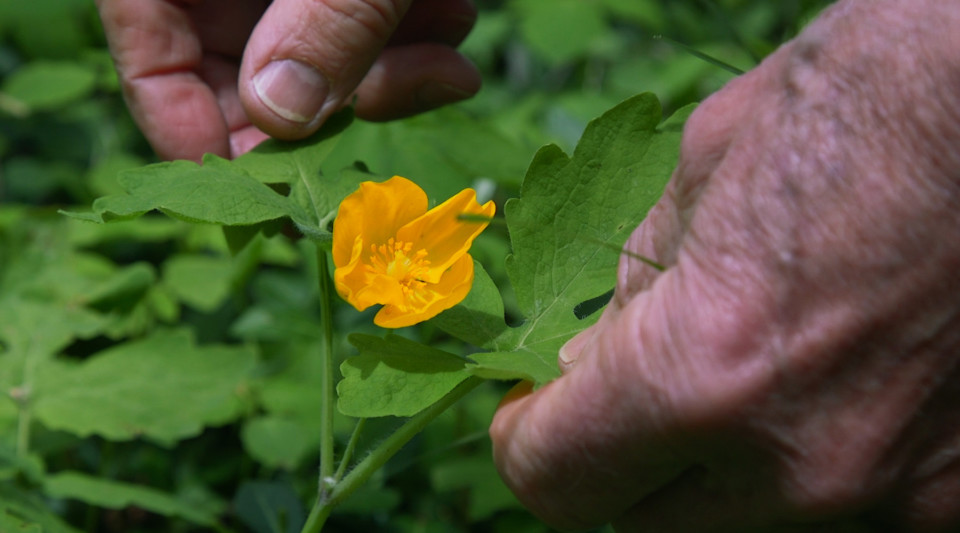
Dig deeper
This video series features authors, poets and humanists help frame the ideas behind Unearthed and provides a humanities lens to how we shape the environment and how it shapes us.
Watch this video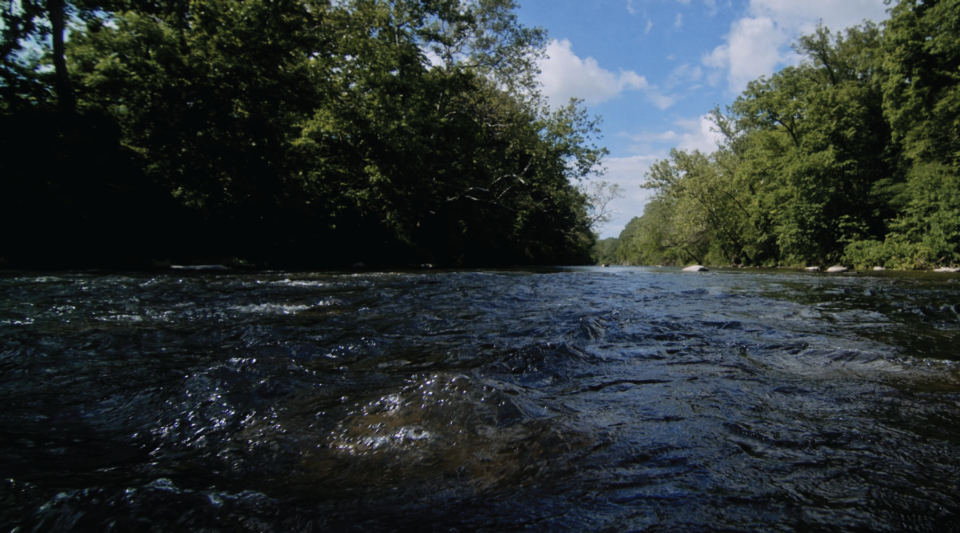
Waterways Films
Local communities screened original short films created by Hoosier filmmakers exploring our relationship to water.
Now streaming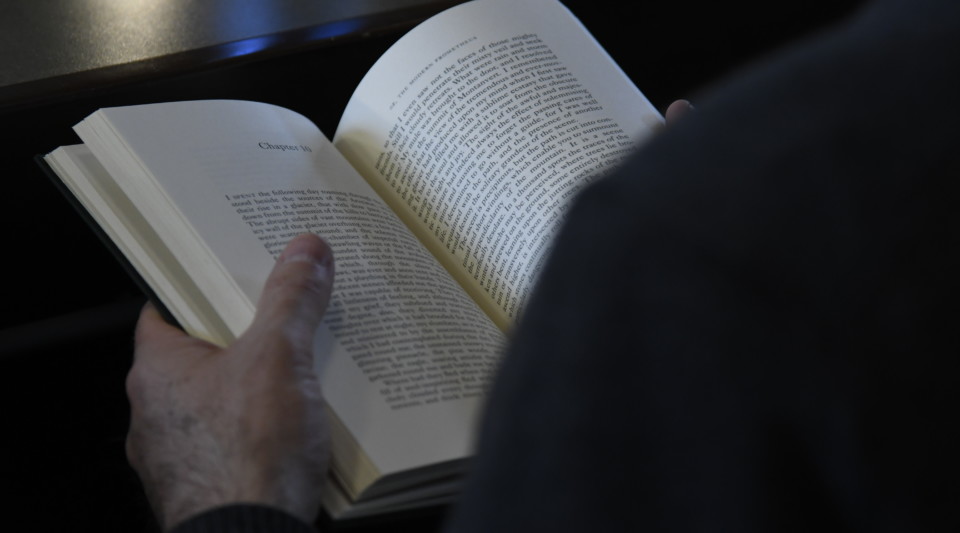
Unearthed Novel Conversations Collection
In honor of our Unearthed initiative, we’ve created a book collection for the Novel Conversations lending library.
Check it outProgram Details
Unearthed Film Tour
Indiana Humanities has supported the creation of eight new films documenting new perspectives on how Hoosiers today understand their connections to the natural world.
The films feature stories from across the state told by Hoosiers highlighting their unique relationships with the land we call Indiana. From the shores of Lake Michigan to the fields and farms of central Indiana, the Indiana Humanities Unearthed Film Series provides intimate looks into the lives of Indiana residents working, exploring, and caring for the land.
Environmental Humanities Speakers Bureau
Do you want to have conversations with your neighbors to explore and contemplate the Anthropocene, Indiana’s environmental history, climate change, environmental racism and other topics related to the Unearthed theme? Indiana Humanities has curated a speakers bureau of talks and workshops by Hoosier scholars and experts. From writing haiku inspired by our natural world to conversations about what it means for Hoosiers to be living on indigenous lands, the speakers provide a variety of points of entry to join the statewide conversation.
Please note: Applications are currently closed to host a speaker funded by Indiana Humanities. However, if you would still like to host a speaker, you can review the available talks in the catalog, contact your preferred speaker by email and arrange an event where you will pay them directly.
Chew on This
How to Survive the Future
How to Survive the Future is a podcast created by Alex Chambers and Allison Quantz in partnership with Indiana Humanities. Listening parties will be hosted for each of the five episodes.
Campfires
Indiana Humanities has been hosting Campfires across Indiana since 2016 and will continue to invite Hoosiers to explore the connections between literature, nature and the future of Indiana in conjunction with Unearthed.
INconversation
Indiana Humanities’ INconversation engages an intimate group in interesting and insightful conversations with some of the nation’s most intriguing thought-leaders. This highly participatory question-and-answer style discussion involves the thought leader, a moderator and the audience. INconversation is a signature program of Indiana Humanities.
Our Unearthed INconversation programs have wrapped! See below for our previous conversations.
Liminal Film Tour
Explore These Five Guiding Questions
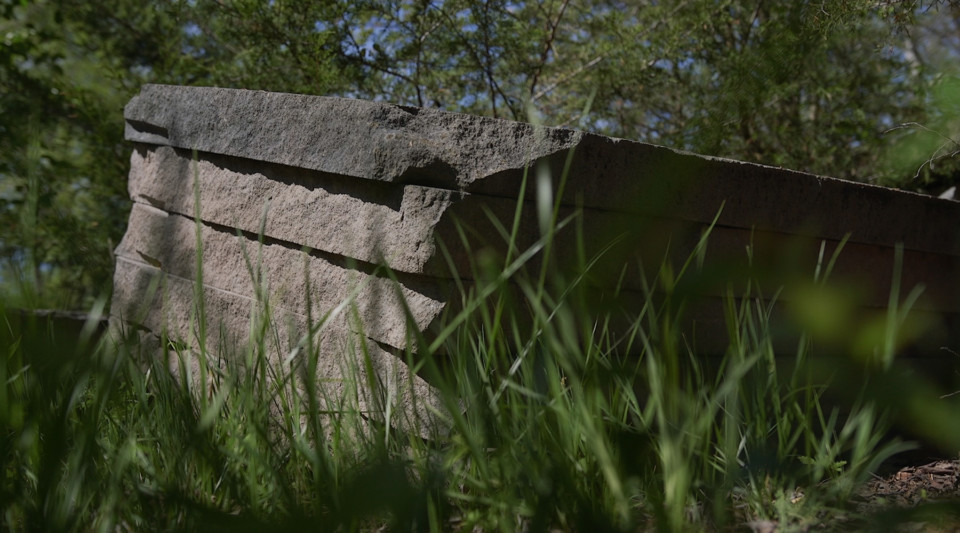
How do we shape our environment, and how does our environment shape us?
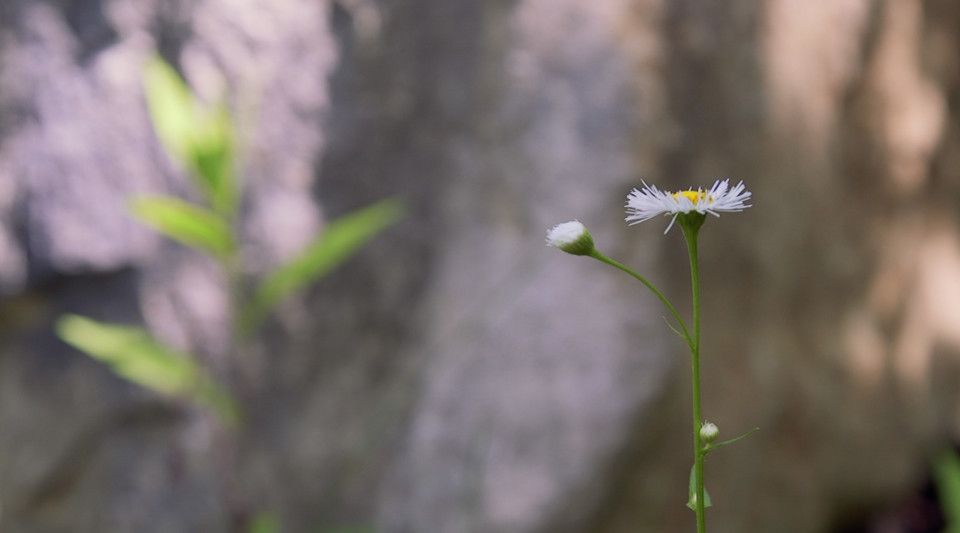
What does Hoosier environmental history reveal about Indiana’s landscape and its people today?
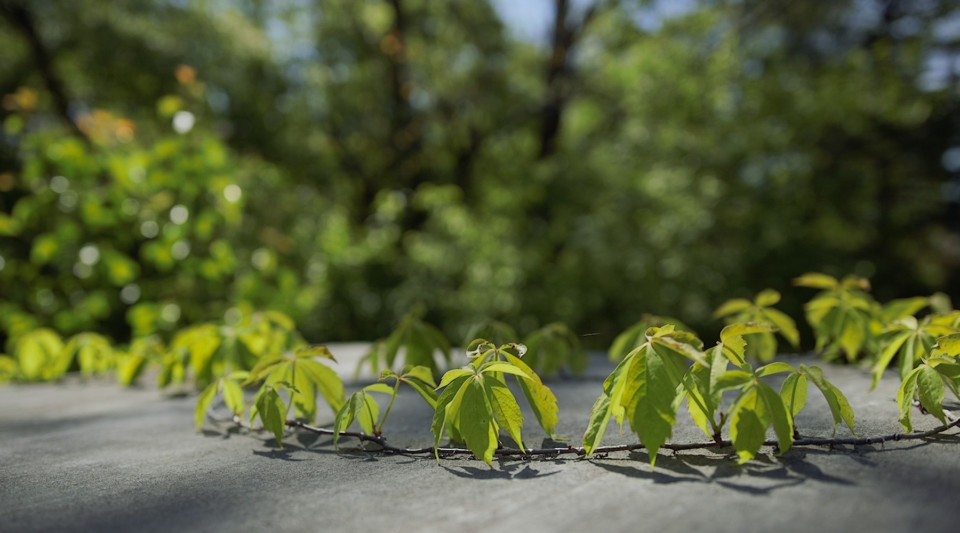
How can the humanities help us understand our relationship with the natural world?
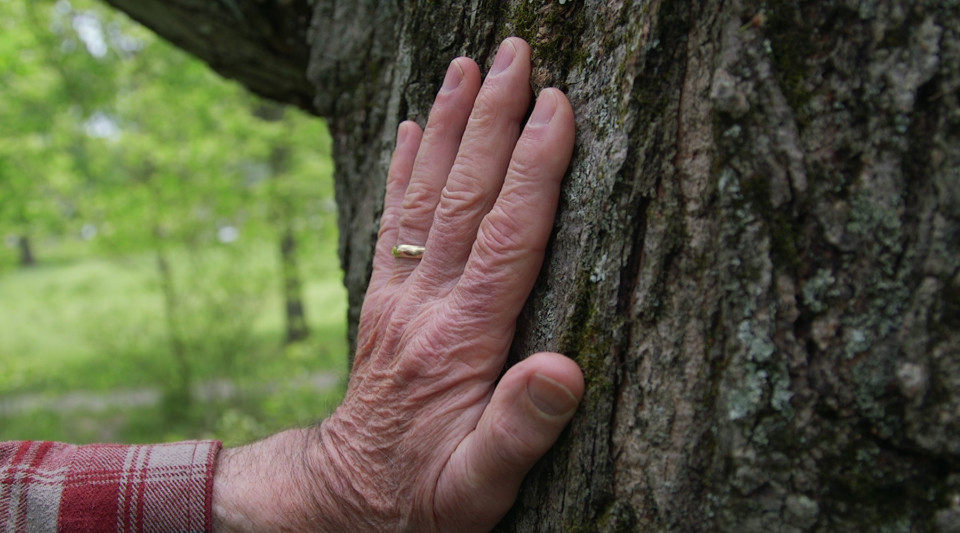
How does our understanding of nature affect our actions toward the environment?
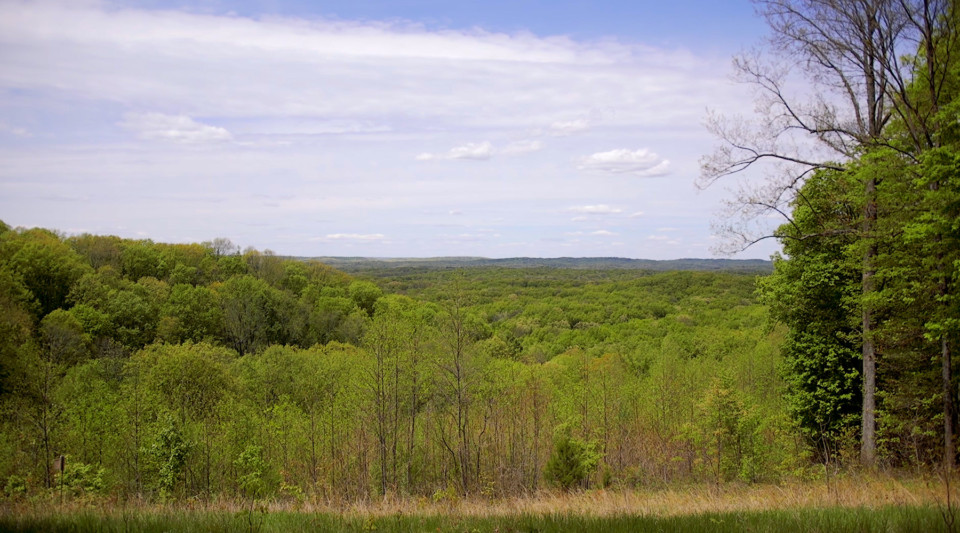
How is environmental change impacting our understanding of humanity’s legacy? Are we being good ancestors?
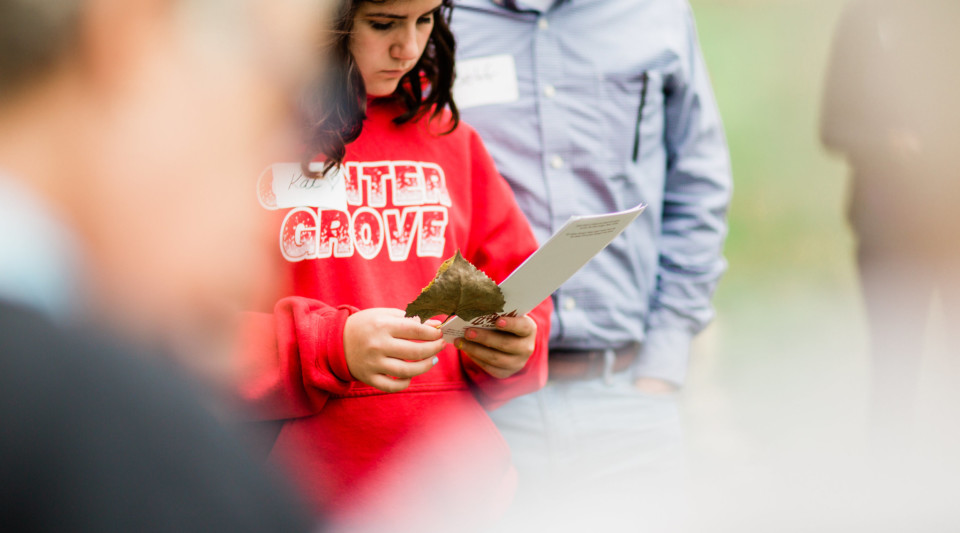
Why we chose this theme
Senior Program Manager Megan Telligman shares why we chose Unearthed as our next thematic initiative and why the environmental humanities are important for our current moment.
Read morePrevious Unearthed Programs
INCONVERSATION
Indiana Humanities’ INconversation engages an intimate group in interesting and insightful conversations with some of the nation’s most intriguing thought-leaders. This highly participatory question-and-answer style discussion involves the thought leader, a moderator and the audience. INconversation is a signature program of Indiana Humanities.
Previous INconversations
June 29, 2022: INconversation with Vann R. Newkirk II (Watch the Video)
July 12, 2023: INconversation with Robin Wall Kimmerer
July 17, 2024: INconversation – Follow that Food
August 16, 2024: INconversation – We are the Future of Food
October 28, 2024: INconversation – Farming is All in the Family
Waterways Films
In 2022, Indiana Humanities hosted a 10-city film tour featuring six short documentary films about Indiana’s waterways. From improving the health of the Blue River to support the hellbender salamander habitat to the fading art of net making, the films explore issues of access and conservation, as well as the unique cultures that spring up around Indiana’s waterways. You can now watch all six films on our website.
Water/Ways
Indiana Humanities sponsored a tour of the Smithsonian’s Water/Ways exhibit during the first year of the Unearthed theme.
Eleven communities hosted the exhibit for six weeks each and received extensive training, funding and other resources from the expert staffs of the Smithsonian and Indiana Humanities. Each of the hosts also curated a unique section of the exhibit that explores their community’s relationship to water.
As part of the Indiana tour, Water/Ways visited the following communities during 2021 and 2022.
North Webster Public Library (North Webster): June 26, 2021–August 7, 2021
La Porte County Soil and Water Conservation District / La Porte County Public Library (Rolling Prairie): August 14, 2021–September 26, 2021
University of Southern Indiana/Historic New Harmony (New Harmony): October 2, 2021–November 14, 2021
Riverscape/Wabash River Development and Beautification, Inc. (West Terre Haute): November 20, 2021–December 30, 2021
Jefferson County Public Library (Madison): January 8, 2022–February 20, 2022
Cope Environmental Center (Centerville): February 26, 2022–April 10, 2022
Cedar Lake Historical Association (Cedar Lake): April 15, 2022-May 22, 2022
Carnegie Public Library of Steuben County (Angola): May 28, 2022-July 17, 2022
Culver Union Township Public Library (Culver): July 23, 2022-September 4, 2022
Switzerland County Tourism Office (Vevay): September 10, 2022-October 23, 2022
Benton County Soil & Water Conservation / Otterbein Public Library (Benton Co.): October 29, 2022-December 11, 2022
Statewide Read
Indiana Humanities’ One State / One Story program invited Hoosiers to engage deeply with a book as part of a statewide conversation tied to the themes of Unearthed. We awarded grants to host a community read of World of Wonders by Aimee Nezhukumatathil selection to organizations around the state.
Questions?
Contact Megan Telligman, Senior Program Manager:
mtelligman@indianahumanities.org | 317.616.9409